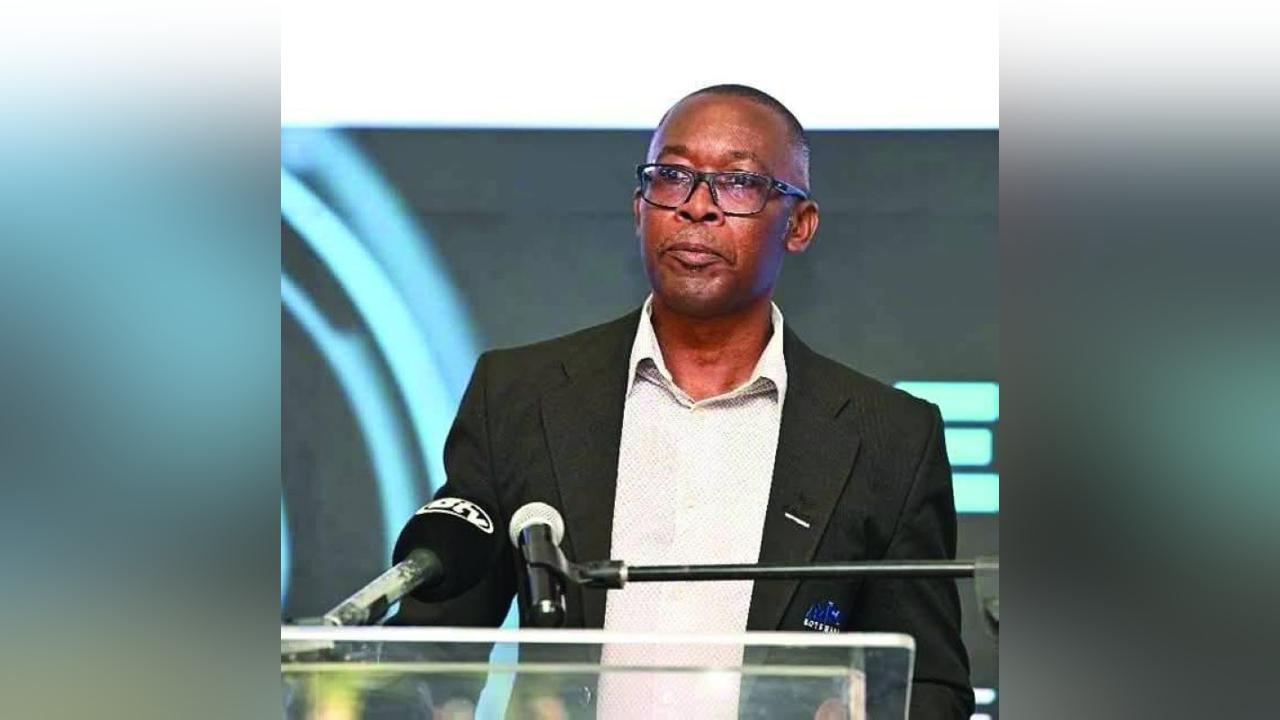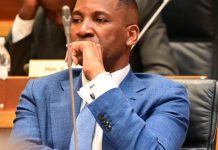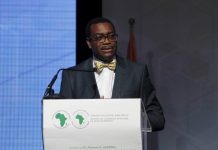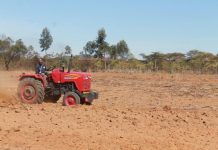Africa-Press – Botswana. Even flawed journalism is often better than no journalism at all. However, this is not an excuse for poor reporting but a caution against the dangerous notion that Botswana’s entire media profession has somehow “failed the nation” as some voices have recently argued in the wake of Bridget Motsepe’s exoneration from the P100 billion saga.
Criticism of the media is healthy and necessary in a democracy. However, sweeping condemnations lack nuance, evidence and ultimately misunderstand the media’s role in society. Journalism does not operate in a vacuum.
As scholars such as Denis McQuail have long explained, the media reflects and interrogates society while simultaneously being shaped by it. It is not a puppet simply “playing a script” as some critics claim.
Events such as Isaac Kgosi’s dramatic arrest at the airport, raids on Bakang Seretse’s properties or so-called Butterfly investigations were not inventions by journalists. They were real law enforcement actions often announced or hinted at by official sources or whistleblowers.
That the media showed up with cameras or published stories swiftly is not proof of complicity. It is the core of timely reporting. Are we now to say journalists should ignore tip-offs or avoid covering public events because it might look “scripted”? Do we also condemn those who whistle blow and see them as script writers for the media? Who is qualified to tip off the media about certain events in society?
Then again, to argue that media coverage equals guilt is a dangerous misunderstanding. Yes, the presumption of innocence must be respected but that is a legal principle, not a gag order forbidding journalists from reporting significant public interest developments. Demanding silence until court rulings are issued would cripple the media’s role as a watchdog. Of course, I keep saying Botswana media’s is not perfect. Ethical lapses, sensational headlines, unverified information and incomplete reporting have all occurred.
However, condemning the entire profession as compromised is unjust and unsupported by evidence. South Africa offers a useful contrast.
In her book, So for the Record, journalist Ferial Haffajee documents in detail how some media houses were captured and used during President Jacob Zuma’s era with financial trails and editorial interference laid bare. That is media capture.
In Botswana, no similar evidence has surfaced proving journalists were paid to smear certain individuals. Unless those who make such claims know something or are complicity in such but are not coming out, instead preferring to paint the whole profession with the same brush.
Conversely, part of the challenge is structural. Botswana’s newsrooms operate under immense financial and legal pressures. Unlike investigative units such as amaBhungane in South Africa which has funding, legal teams and dedicated investigative staff, local media often lack the resources for prolonged investigations.
When journalists rely on official statements or leaks, mistakes can happen, not out of malice but because of practical limitations. The real question is: what would the alternative look like? A press so afraid of criticism that it stops reporting on controversial stories? Silence would be far more dangerous. A democracy cannot survive in darkness. As Jürgen Habermas argues, a functioning democracy depends on the public sphere, spaces where citizens can debate and scrutinise those in power. The media is a pillar of this public sphere. Journalism’s value is precisely in exposing what powerful people might prefer to keep hidden.
Those now calling for apologies should also be precise. Who exactly should apologise? Which media houses? For what specific wrongdoing? Broad accusations that “the media has failed the nation” do little more than erode public trust in the very institutions that protect democracy.
Instead of blanket condemnations, Botswana needs sober reflection on how to strengthen its media. How do we fund serious investigative work? How do we protect journalists from legal intimidation? How do we ensure accuracy without silencing critical reporting? These are the real conversations worth having. I am happy that Minister for State President, Moeti Mohwasa, has taken a step in that direction and we can only hope that something good will come out of this.
Until then, we should remember that even flawed journalism, when it strives to correct its mistakes, is far better than a cowed or silent press. A democracy depends on a free, questioning and sometimes imperfect media. Dismantling public trust through sweeping allegations does more harm than good.
Source: Mmegi Online
For More News And Analysis About Botswana Follow Africa-Press






